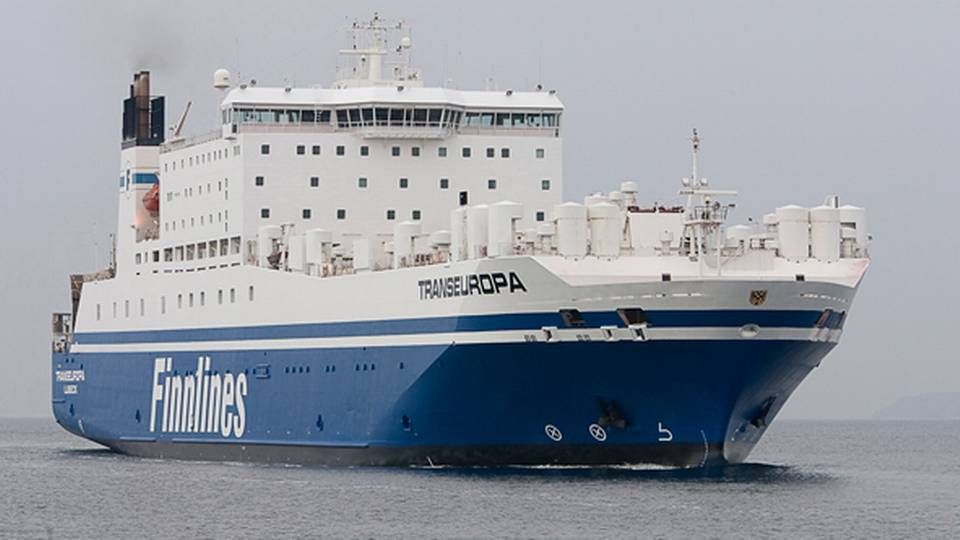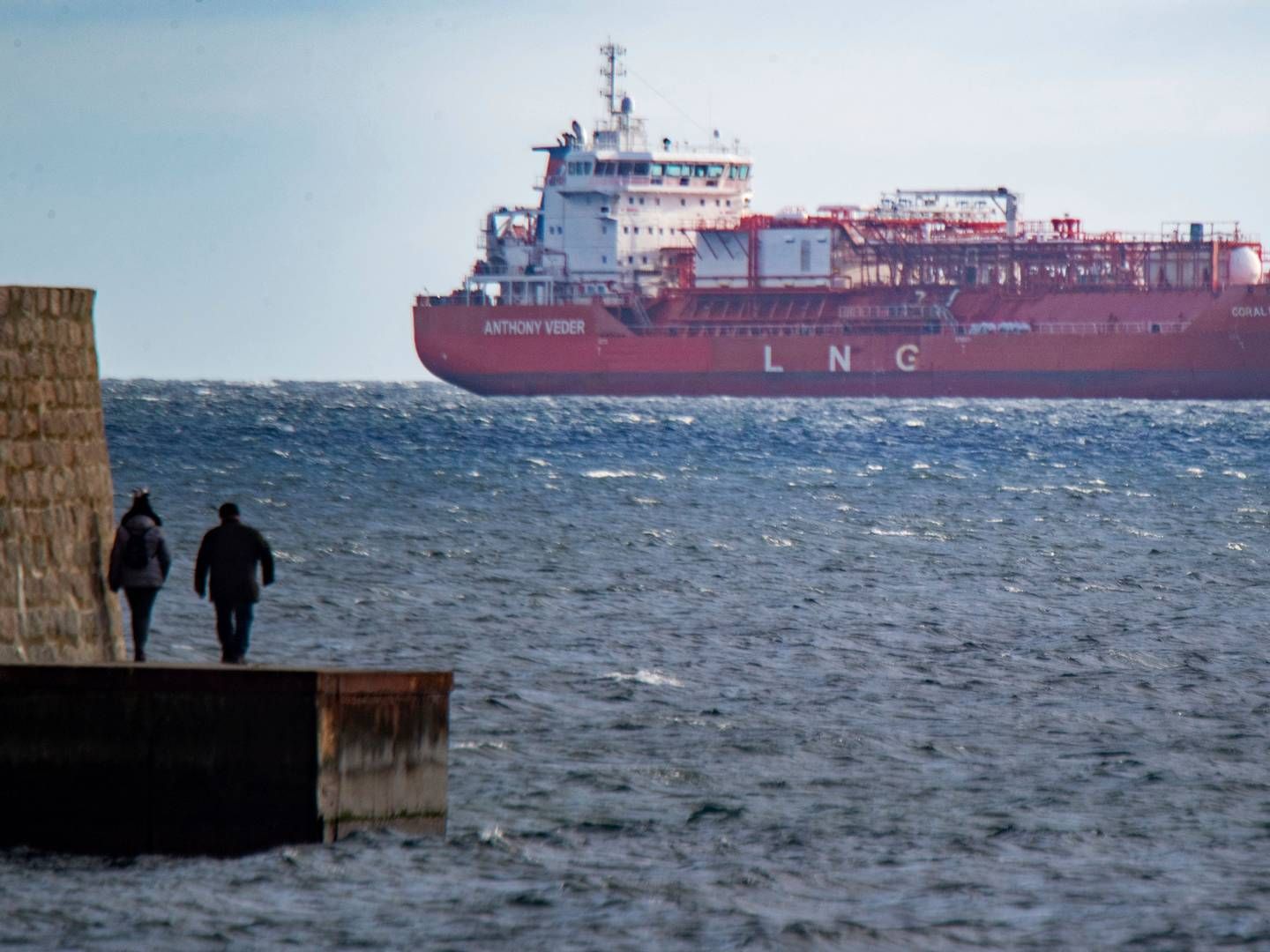A majority of carriers choose marine oil ahead of 2015

Some of Europe's biggest shipping companies unequivocally choose to use the more expensive, low-sulphur Marine Gas Oil once the environmental regulations aimed at reducing the sulphur content in ship fuel comes into effect on January 1st 2015 in the Baltic Sea, the North Sea, and the English Channel, the so-called SECA zone, according to a survey performed by ShippingWatch among eight large carriers that currently rely on regular sulphurous fuel.
The alternatives to switching to Marine Gas Oil with a lower sulphur content include continuing to use the traditional High Sulphur Fuel Oil and cleaning it with a scrubber (exhaust cleaning system), or switching to liquefied natural gas, LNG.
Open question
The coming Northern European regulations pertaining to the shipping industry's sulphur emissions mean that the industry will soon have to make a decision in terms of complying with the requirements for cleaner emissions. The requirements are already in effect in the waters off North America.
While a long list of shipping companies have announced intentions of switching to natural gas on the long term, ShippingWatch's survey shows that a vast majority of the carriers choose Marine Gas Oil as the immediate solution.
Shipping and logistics company DFDS - whose entire current business area is located within the SECA zone - goes against the current and has chosen to perform significant investments in scrubbers. A total of 12 of the carrier's ships will have scrubbers installed by the end of 2014, and even more of the company's ships will likely have similar equipment installed in 2015. On the other hand, Finnlines has announced that the company is waiting to see how things develop, intending to use whatever fuel is available. In other words, the Italian-owned shipping company (Grimaldi) does not seem poised to invest millions in scrubbers.
Waiting to see what happens
In a letter to the shipping company's collaborators and customers, dated November 8th 2013, Finnlines' new CEO Emanuele Grimaldi stressed that the best solution in terms of the 2015 fuel regulations remains an open question.
"Our strategy - for the time being – is to study, test and wait. As technology advances, it will become easier to judge which solutions are the most adequate to our ships and services. We could even opt for changing nothing, as there are already contacts with various fuel producers for purchasing 0,1 percent sulphur products at competitive prices," said Emanuele Grimaldi.
Feeder operators
And among feeder operators - who typically charter their tonnage - Marine Gas Oil or other new low-sulphur fuel types seem to be the only realistic solution - at least on the short term - according to the survey. Very few feeder ship owners - if any - are said to plan scrubber installations, just as switching to liquefied natural gas as fuel for feeder ship looks like an unrealistic scenario in the industry.
According to the survey none of the featured carriers plan to change their route networks in light of the sulphur regulations that will come into force on January 1st 2015.
During the coming days ShippingWatch will follow up on the survey through interviews with several of the featured carriers and bunker companies.
EU 2014, a major challenge to maritime stake-holders
OW Bunker: No problem delivering gas oil
Related articles
EU 2014, a major challenge to maritime stake-holders
For subscribers
OW Bunker: No problem delivering gas oil
For subscribers
MAN supplies engines for new methanol fleet
For subscribers






















